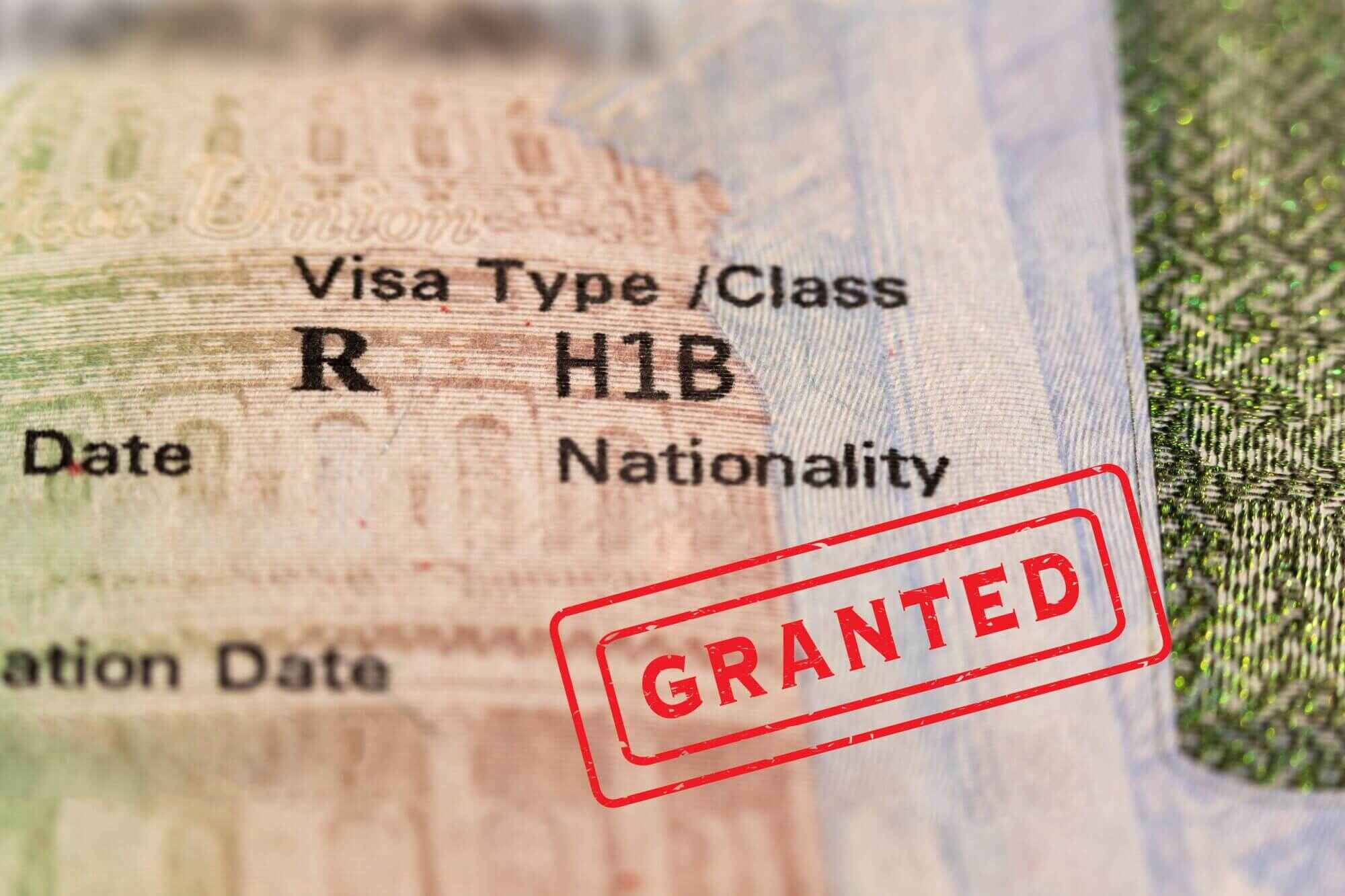Can You Sponsor Your Parents for a Green Card?
For many, the opportunity to reunite with family in the United States is a life-changing goal. One of the most common questions we receive at Zaveri Law Firm P.C. is whether U.S. citizens can sponsor their parents for a green card. The good news? The answer is yes! Here’s what you need to know about eligibility requirements, the documentation needed, and how to make the process as smooth as possible.
Eligibility Requirements for Sponsorship
To sponsor your parents for a green card, you must meet specific eligibility criteria:
1. U.S. Citizenship
Only citizens of the United States, not green card holders, are eligible to sponsor their parents. You must provide evidence of your citizenship, such as a naturalization certificate, U.S. passport, or birth certificate.
2. Age Requirement
The U.S. Citizenship and Immigration Services (USCIS) requires sponsors to be at least 21 years old.
3. Qualifying Relationship
You can sponsor your biological parents, adoptive parents (if the adoption occurred before your 16th birthday), or stepparents (if the marriage that created the step-relationship occurred before your 18th birthday).
Documentation Needed to Begin the Process
Sponsoring your parents involves submitting forms and providing supporting documentation. Here are the key components:
- Form I-130 (Petition for Alien Relative) – This form formally starts the process of requesting a green card for your parent. Each parent will need a separate Form I-130.
- Proof of Relationship
- For biological parents: Provide your original birth certificate listing both parents, alongside evidence of your U.S. citizenship.
- For adoptive parents: Include your adoption decree as proof.
- For stepparents: Submit your birth certificate, a marriage certificate showing the union between your biological parent and your stepparent, and proof of any prior divorce decrees, if applicable.
- Affidavit of Support – File Form I-864 to confirm you can financially support your parents once they are in the U.S. This step helps ensure your parents won’t rely on public assistance.
Steps to Sponsor Your Parents for a Green Card
Once you have confirmed your eligibility and gathered the required documents, here’s what the process looks like:
1. File Form I-130 with USCIS
This petition establishes the parent-child relationship and begins the green card process. Once approved, USCIS will forward the case to the National Visa Center (NVC).
2. Visa Application Submission
If your parents reside abroad, they must apply for an immigrant visa through consular processing. For parents already in the U.S., you can file Form I-485 (Application to Adjust Status).
3. Complete Biometrics and Attain Interview Approval
Both processes ensure eligibility, including a background check and in-person interview at a U.S. consulate or USCIS office.
4. Green Card Approval
After the interview, approved parents will receive their green cards and lawful permanent residency status.
Why Legal Support is Critical
Despite the relative simplicity of sponsoring immediate family members like parents, missteps can lead to delays or denials. Some common challenges include incomplete documentation, misunderstandings about eligibility, or errors during the application process. Our dedicated team at Zaveri Law Firm P.C. understands family immigration and stands ready to help you every step of the way.
We deliver personalized, meticulous support to ensure all requirements are met and your goals for family unification are achieved without undue stress. Contact Zaveri Law Firm P.C. today to schedule a consultation and start your family’s immigration process on the right foot.





